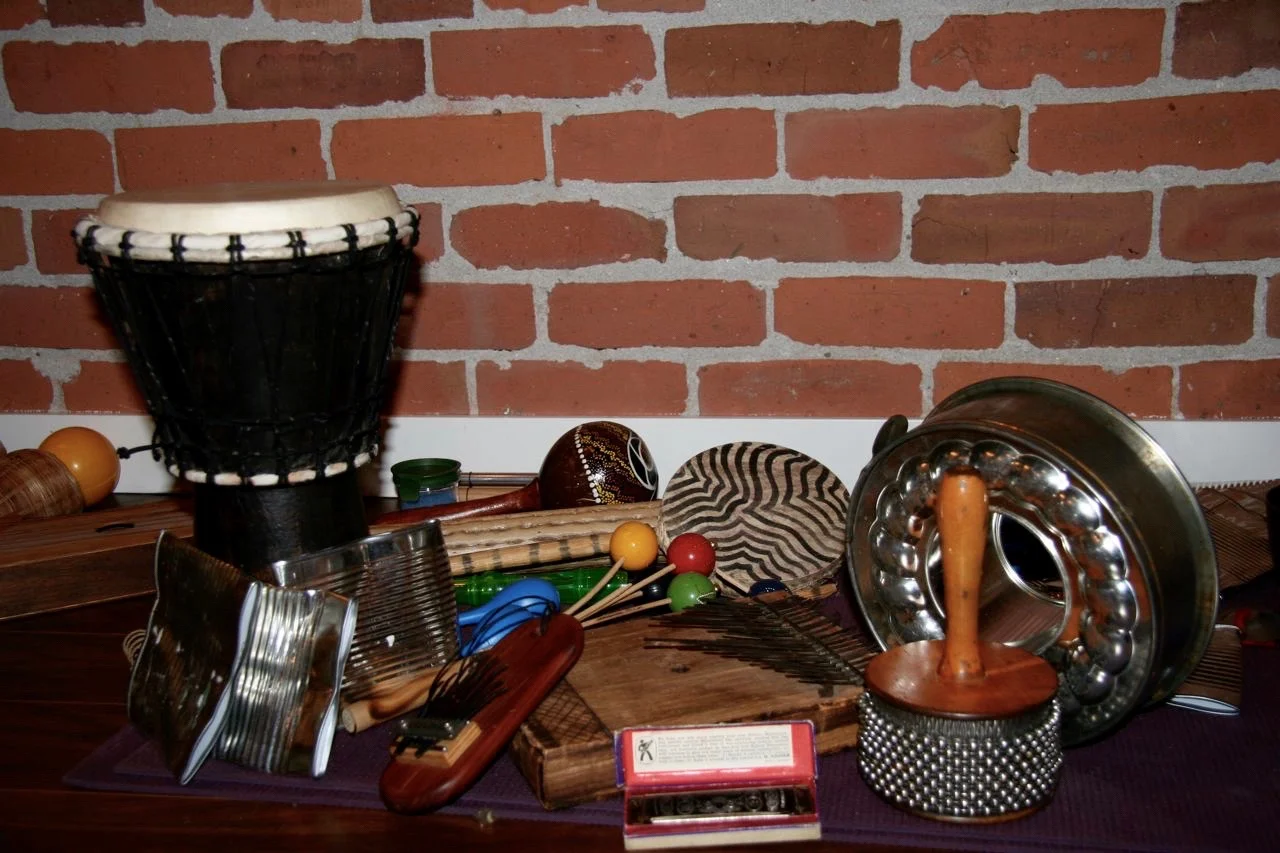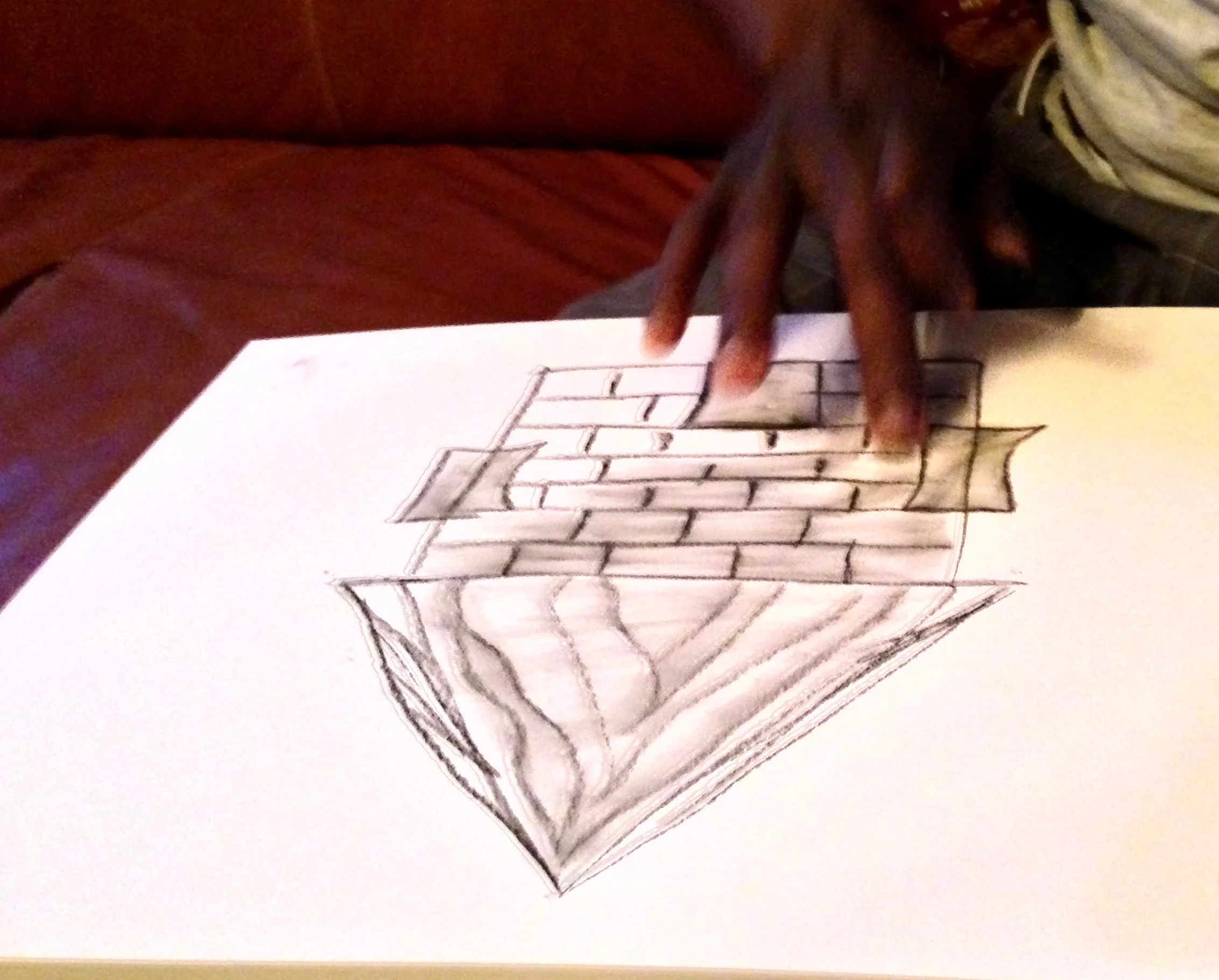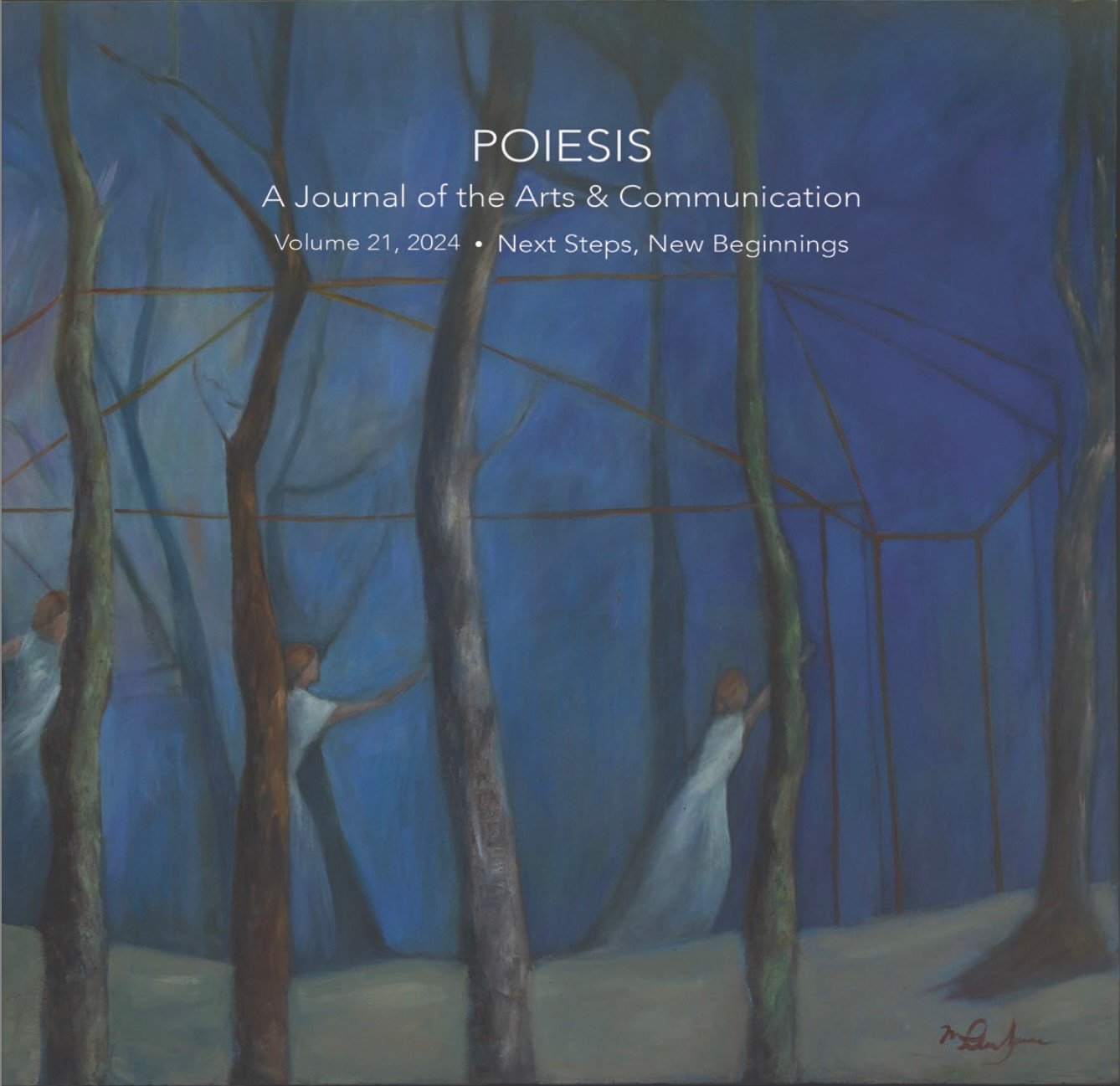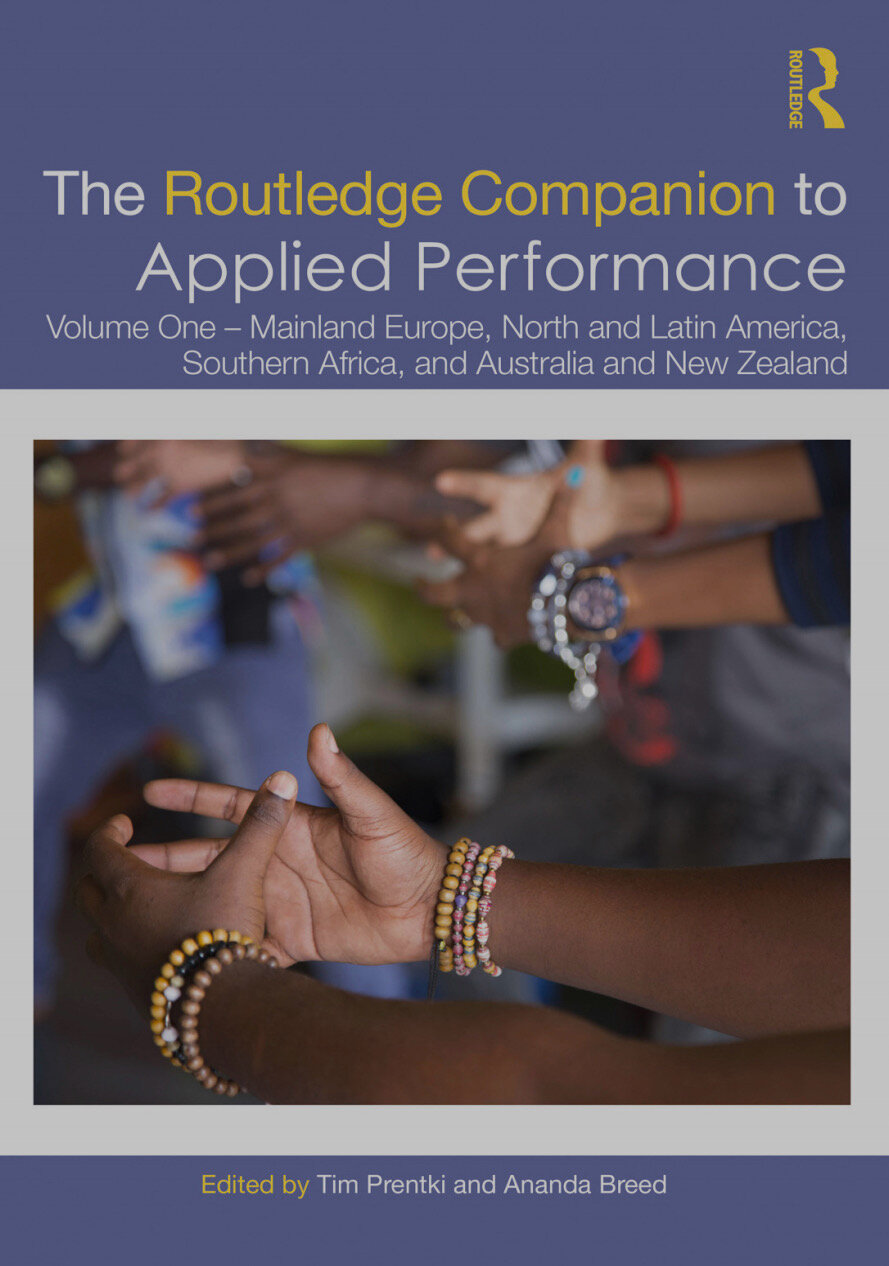Professional Biography
Carrie MacLeod is an interdisciplinary artist and scholar-practitioner who has worked worldwide with communities, non-profit organizations and educational institutions for three decades. Her socially-engaged work moves at the intersections of conflict transformation, peacebuilding, involuntary migration, decolonial memory practices, performance and experiential pedagogy. Carrie is grateful to make a home on the traditional territories of the xʷməθkʷəy̓əm (Musqueam), Skwxwú7mesh (Squamish), and səl̓ílwətaʔɬ (Tsleil-Waututh) nations. The syncopated songs of the sea and storied root systems in the forest floor shape the rhythms of her creative practice.
Carrie has been a faculty member at the European Graduate School since 2007, and teaches a range of Expressive Arts courses in the Master’s program through a multi-systems approach. She is also an instructor at the Vancouver Art Therapy Institute. As Carrie continues to facilitate arts-based workshops and trainings in a variety of settings, she loves to weave embodied voice, sound, music, movement and found poems into site-responsive performance scores. Improvisation and collaboration are at the heart of these intermodal practices and living inquiries.
While based at the Peter A. Allard School of Law at the University of British Columbia from 2007-2016, Carrie co-ordinated several intercultural arts-based research projects funded by government grants with educators, students, artists, diverse stakeholders, policy makers and community members. Carrie has also worked and volunteered for international and local organizations alongside refugees, refugee claimants and communities displaced from conflict. These experiences have informed her contributions to social justice curriculum and have inspired her doctoral research.
Carrie is the author and co-author of several published chapters on research-creation and arts-based praxis, is a regular contributor to POIESIS: A Journal of the Arts & Communication, and is a peer reviewer for international journal publications. Carrie is also the co-editor of a ground breaking book, The Choreography of Resolution – Dance, Movement and Neuroscience, published by the American Bar Association.












